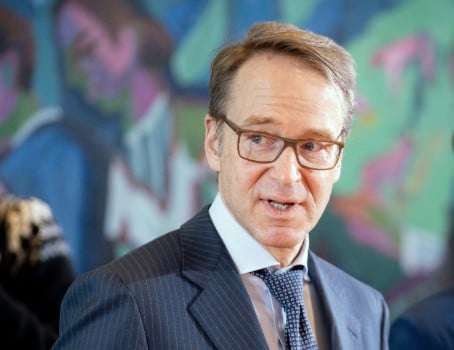The Ifo institute’s business climate index for June rose for a third consecutive month to reach 85.9 points, well ahead of market expectations of 85.3 points and up from a revised 84.3 points in May, it said.
It was the highest reading since last November when Germany unveiled the first of two huge stimulus packages to try to help the country escape the worst effects of the global economy’s biggest downturn in decades.
The institute said that while firms’ dissatisfaction with the current business situation was just as strong as it had been in May, the survey results, “confirm that the German economy is gradually stabilising.”
The Ifo index measuring sentiment among 7,000 firms about current conditions fell slightly, to 82.4 points from 82.5 points in May, while for business expectations the reading rose to 89.5 points from 86.0 points.
The results mirrored another survey published last Thursday, the ZEW index, which jumped to a three-year high this month, and an upbeat poll of companies by the German Chamber of Commerce, DIHK.
And last week, the Economy Ministry expressed cautious optimism, saying that after a 3.8 percent slump in first quarter gross domestic product, GDP, “signs of a stabilisation” were increasing.
Germany, whose economy is heavily dependent on firms and consumers in other countries buying its products, is experiencing its worst recession since World War II.
The government of Chancellor Angela Merkel, who is running for a second term in September’s general election, expects the economy to contract by around six percent this year.
Taxpayer-funded schemes have helped to keep a lid on unemployment, but the labour agency expects the number of jobless to hit four million next year, and the recession has blown a massive hole in Germany’s public finances.
Jennifer McKeown at Capital Economics called the Ifo survey encouraging, but said any pick-up in activity in “might be some time coming” and that a slump of at least six percent was still on the cards this year.
For 2010, McKeown was less optimistic that the government, predicting a „stagnation“ rather than Berlin’s forecast of growth of half a percentage point.
“All in all, after the terrible first quarter for German industry … a strong easing in the rate of decline of GDP can be expected for spring,” said Alexander Koch, economist at UniCredit.



 Please whitelist us to continue reading.
Please whitelist us to continue reading.
Member comments